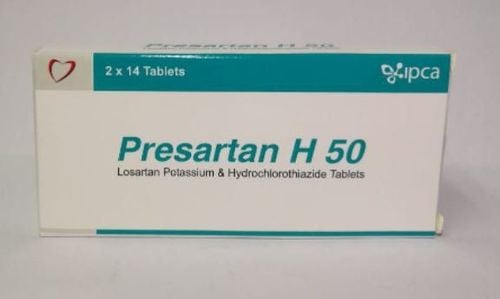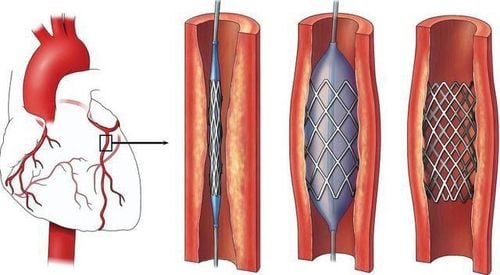Although no research studies have recommended it, the majority of individuals typically take their antihypertensive medications in the morning. However, according to a recent research study, taking antihypertensive medications before bed rather than right after waking up might reduce the risk of mortality from cardiovascular disease by half.
1. Advantages of Properly Timing Blood Pressure Drug Administration
1.1 Improved Management of Blood Pressure
Today, the majority of antihypertensive drugs are slow-release formulations with a 24-hour effect. Usually, healthcare professionals advise patients to take one or two tablets once a day in the morning. Blood pressure naturally decreases while sleeping at night in healthy people. However, even when taking medication in the morning, blood pressure in individuals with hypertension may either stay high at night or slightly drop from daytime values. A morning spike in blood pressure, a known risk factor for cardiovascular events, might result from inadequate blood pressure management at night. According to recent researchs, taking blood pressure medicine in the evening instead of the morning may help keep blood pressure levels stable while you sleep.
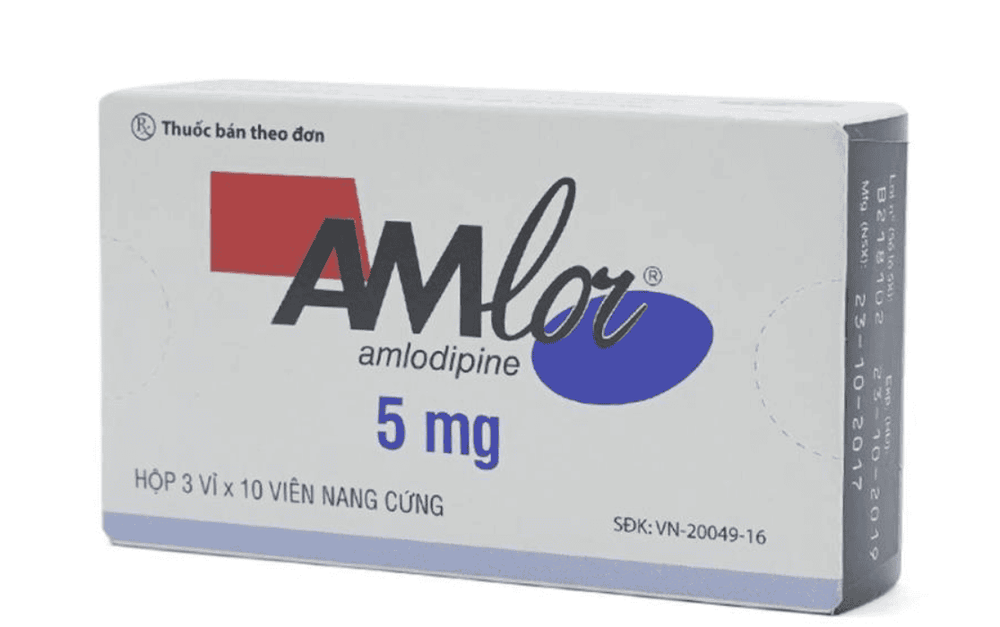
Findings from a Major Study in Spain: A large-scale study involving over 19,000 adults with hypertension found that those who took their medication at night had significantly lower average blood pressure over 24 hours compared to those who took it in the morning. Additionally, taking antihypertensive medication at bedtime was associated with improved lipid management profiles. After accounting for all other risk factors for high blood pressure, the study's authors concluded that this result was consistent across ages, genders, and those with comorbid conditions (such diabetes or kidney disease).
1.2 Reduced Risk of Cardiovascular Events and Mortality
In addition to better blood pressure control, antihypertensive drugs used at night have been associated with a markedly decreased risk of cardiovascular events. According to the study, individuals who regularly took their medications before bed had a 66% lower chance of mortality from heart-related causes than those who took them in the morning.
Specific Benefits of Nighttime Medication Intake Were Reported:
- 44% lower risk of heart attack (myocardial infarction)
- 40% lower risk of coronary revascularization (procedures to restore blood flow to the heart)
- 42% lower risk of heart failure
- 49% lower risk of stroke
Overall, there is a 45% lower risk of cardiovascular-related mortality in total.
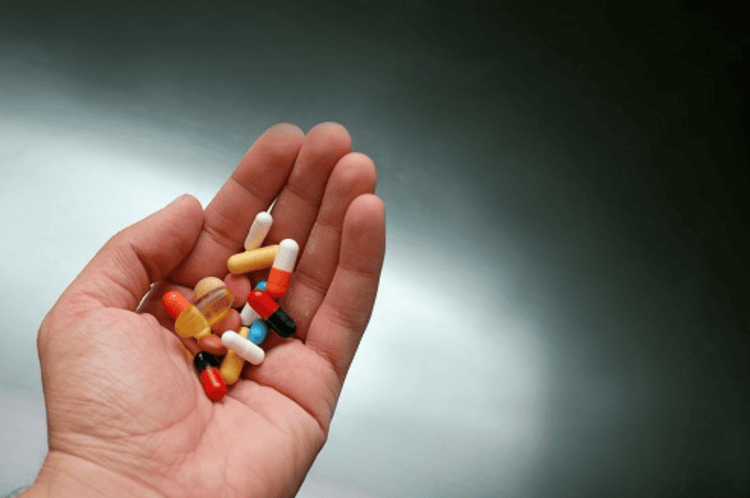
Why is nighttime blood pressure control important? Healthcare professionals emphasize that blood pressure measurements at night are frequently more significant than those during the day and are among the best indicators of cardiovascular risk. Patients who took their medicine at night had much lower sleeping blood pressure than those who took it in the morning, which likely explains the observed cardiovascular benefits.
It is important to note that these findings apply primarily to individuals with a regular sleep cycle - those awake during the day and sleeping at night - insufficient data to determine the optimal medication timing for night shift workers. Additionally, studies suggest that American-Black individuals tend to have higher nighttime blood pressure, highlighting the need for further research to assess variations across different racial groups.
1.3 Lower Risk of Type 2 Diabetes
Another notable benefit of nighttime antihypertensive medication intake is a reduced risk of developing type 2 diabetes. Healthcare experts explain that hypertensive patients are already at an increased risk for diabetes and cardiovascular disease. Poor nighttime blood pressure control further exacerbates this risk, as it stimulates the overproduction of adrenaline and angiotensin, two hormones involved in both hypertension and diabetes progression.
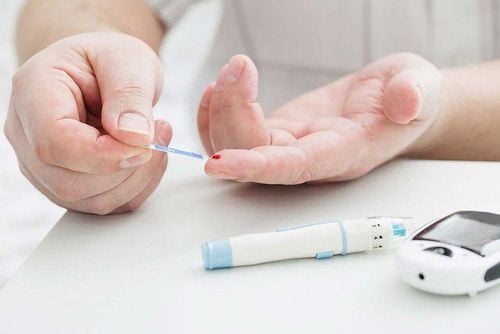
Apart from when antihypertensive medication is best taken, other factors that impact its effectiveness include emotions and taking multiple medications at the same time. Angiotensin is a hormone that induces vasoconstriction and raises blood pressure; some antihypertensive medications also decrease angiotensin action. Additionally, angiotensin raises the liver's metabolic breakdown of glucose (sugar) and decreases insulin sensitivity, both of which can result in type 2 diabetes. If you start taking your blood pressure medicine at night before bed, you may have a lower risk of developing diabetes. These include:
- Angiotensin receptor blockers (ARBs): 61% risk reduction.
- Beta-blockers: 65% risk reduction.
- ACE inhibitors: 69% risk reduction.
2. Why Is It Important to Take Blood Pressure Medication at the Same Time Every Day?
Some cardiologists emphasize that consistency in taking antihypertensive medication is more important than the specific time of day. They argue that fluctuations in blood pressure caused by irregular medication intake - such as missing doses - can be more harmful than persistently high blood pressure. To ensure stable blood pressure control and maximize the effectiveness of treatment, patients should establish a habit of taking their medication at the same time every day.
The idea that antihypertensive medication should be given in the evening to prevent insomnia from nocturia and to make the kidneys work harder is also related to the question, "What time should I take my blood pressure medication?" In order to help the body eliminate waste, patients should consume more water in the morning and less after midday.
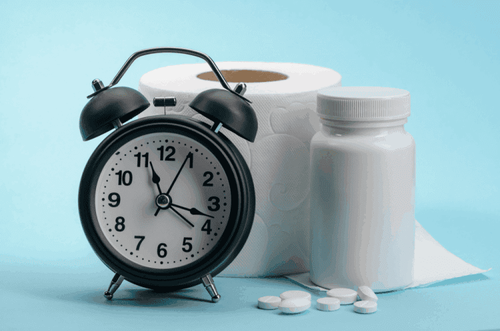
Researchers are actively studying the optimal timing for blood pressure medication to enhance its effectiveness and reduce cardiovascular risks. While a definitive conclusion is yet to be recommended, current evidence suggests that medication timing may influence blood pressure control. Until official guidelines are updated, patients should follow their prescribed schedule and consult their doctor before changing their medication routine.
Please dial HOTLINE for more information or register for an appointment HERE. Download MyVinmec app to make appointments faster and to manage your bookings easily.
Reference source: webmd.com
To arrange an appointment, please call HOTLINE or make your reservation directly HERE. You may also download the MyVinmec app to schedule appointments faster and manage your reservations more conveniently.
